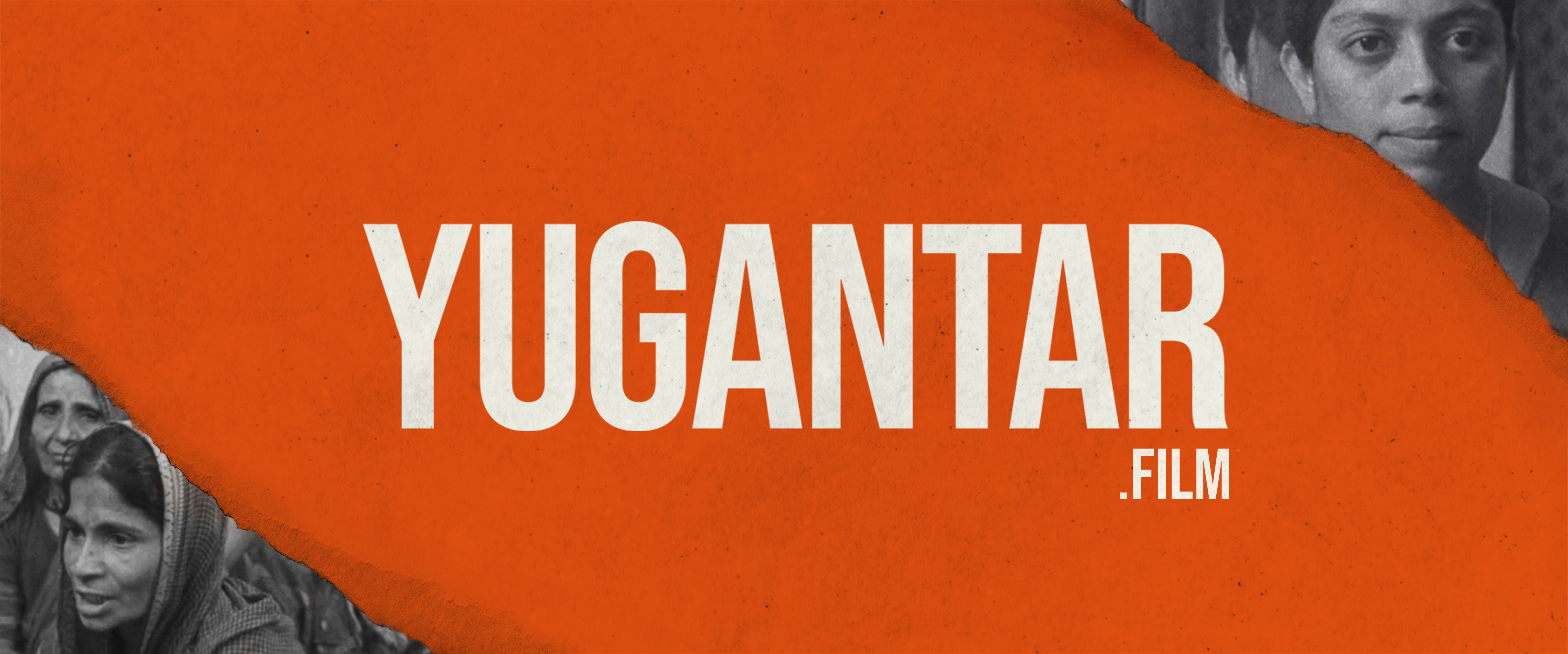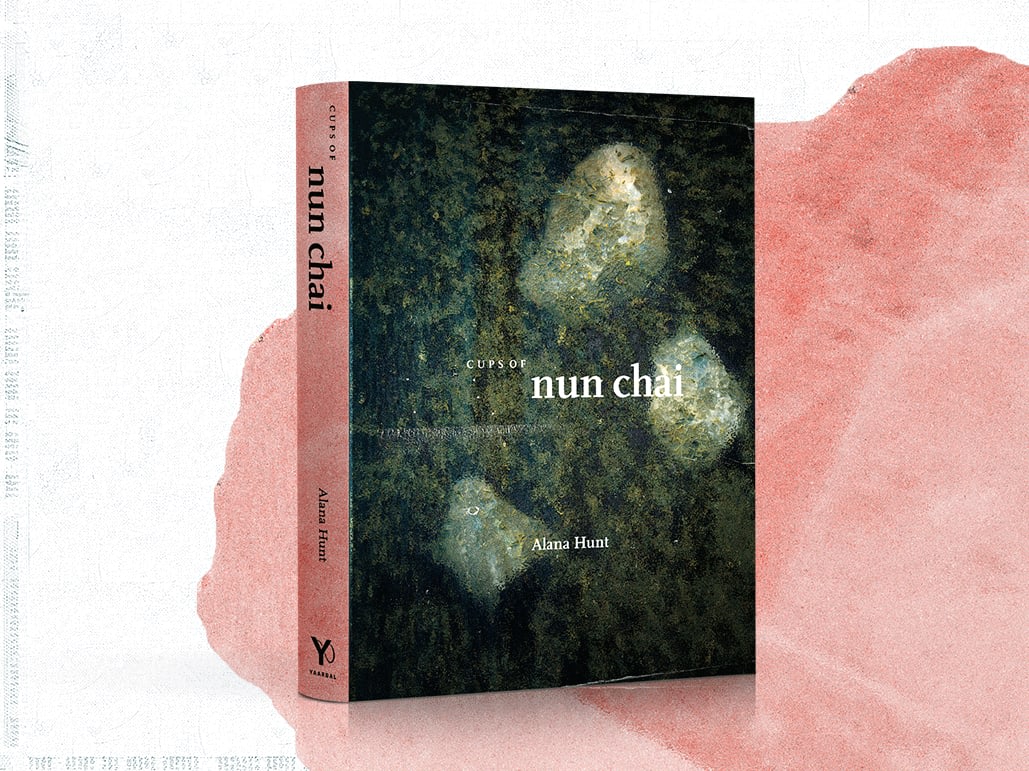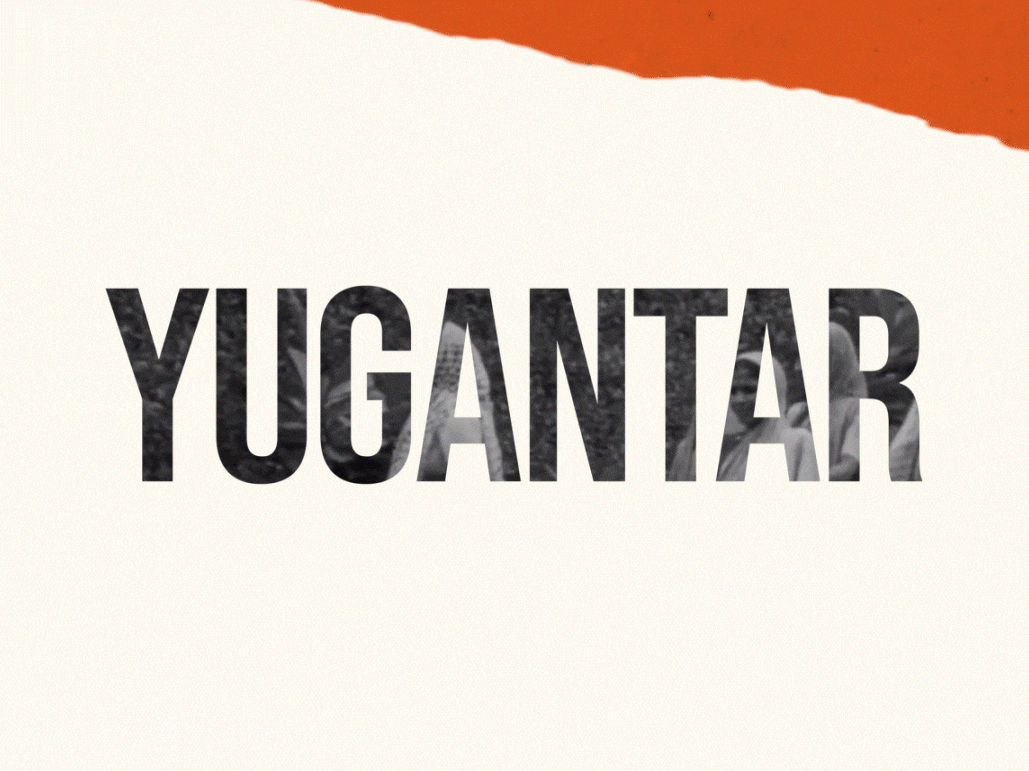background
Yugantar is India’s first feminist film collective, founded by Abha Bhaiya, Deepa Dhanraj, Meera Rao and Navroze Contractor in 1980. The films they made documented and dramatised a series of early, women-led movements in India.
Yugantar’s style of working was an early example of collaborative practices in the history of Indian filmmaking. They worked closely with the subjects of their documentaries—existing or ensuing women groups, formed and led mostly by working class women—for each of their four films.
Over the years. Yugantar’s films were lost to time. Nicole Wolf, a film studies researcher discovered the films of Yugantar. She contacted Ms. Deepa Dhanraj, one of the founders of Yugantar with support of the German film archival institute—Arsenal.
After the restoration was complete, the films of the collective needed a place on the web, which could act as a resource for film studies students and be easily accessible for screening for the worker unions in India.
ICD collaborated with the researcher Nicole and filmmaker Deepa Dhanraj, one of the founders of Yugantar to design the website.
objective
First, the website would act as a home and a streaming space for the revived and restored films, a place for the collective and the times that birthed it.
Resource for students and initiating new discourses, place it in the socio-political climate of the times. To show that film-making can be an act of activism and aid in the organisation and mobilisation of movements.
At the same time, the website would document the rigorous process of restoration and archiving that led to the revival of Yugantar’s films.
thinking
The Yugantar revival project is a timely example of how academic intervention can revive and save important cultural work from fading into oblivion.
The restoration, archiving and documentation of the Yugantar films is an academic and scholarly act spanning two continents and 12 years.
And the subject—the collective and its films—is an act of creative activism.
If the design language could bring to the site elements from both worlds it would accurately reflect the past, present and future of Yugantar.
Since, the website will be a resource for film studies across the globe it had to give due space and importance to the process of research, documentation and revival in an academic manner—highly organised, clear and without embellishments.
design
There is an academic character in the choice of the colours, fonts and the layout. The design puts the content and its subjects—the images, histories, stories and the films themselves at the front.
There are hand-drawn posters that show the urgent and self-organised character of the movements that were taking place around the time Yugantar’s films were getting made—a time of women-led change. It reflects the self-organised nature of the women-led movements the website acknowledges as the catalyst that led to Yugantar and its films.
Most importantly, there is a dedicated space to stream and read about Yugantar’s four films. Streaming the films to women-led groups is the primary job of the website, as envisioned by Nicole and Deepa.
There are sections on the founders, their bios and life after Yugantar too. A page for articles and features on the collective. A Yugantar today calendar to follow the collective’s activities.
Impact
The launch of Yugantar’s restored films was marked by screenings and events across India and Germany. It was covered by prestigious platforms, notable among them being the coverage in the prestigious Criterion Collection. The website will act as a platform from which Yugantar’s films can reach new audiences. To spark new reflections and conversations around the subjects it showcases.
the charge of activism and rigour of research
A revival archive for India’s first feminist film collective. The website was realized within Archive außer sich, a project of Arsenal Institute for Film and Video Art E.V, Berlin. Yugantar was founded by Abha Bhaiya, Deepa Dhanraj, Meera Rao and Navroze Contractor in 1980. Post a restoration project, the films of the collective needed a place on the web, which could act as a resource for film studies students and be easily accessible for screening for the worker unions in India. ICD collaborated with the researcher Nicole and filmmaker Deepa Dhanraj, one of the founders of Yugantar to design the website.
the story of India’s first feminist film collective and its revival
Hand-drawn posters that show the urgent and self-organised character of the movements that were taking place around the time Yugantar’s films were getting made—a time of women-led change. Reflecting the self-organised nature of the women-led movements which Yugantar acknowledges as the catalysts that led to its founding.
a living, continuing space for the collective
The Yugantar website will provide updates about the collective’s activities going ahead—letting visitors stay connected with Yugantar
stream and read about the films
There is a dedicated space to stream and read about each of Yugantar’s four films. The website will be used to screen the films to new audiences, primarily women-led groups—a key vision of researcher Nicole Wolf and filmmaker Deepa Dhanraj.

partner-in-charge & creative director lisa rath | design concept lisa rath, abhishek ghosh | design development abhishek ghosh | website ui abhishek ghosh, arpit sharma | tech lead vikrant gupta | website development alok joshi, shivani verma| project duration 6 months













